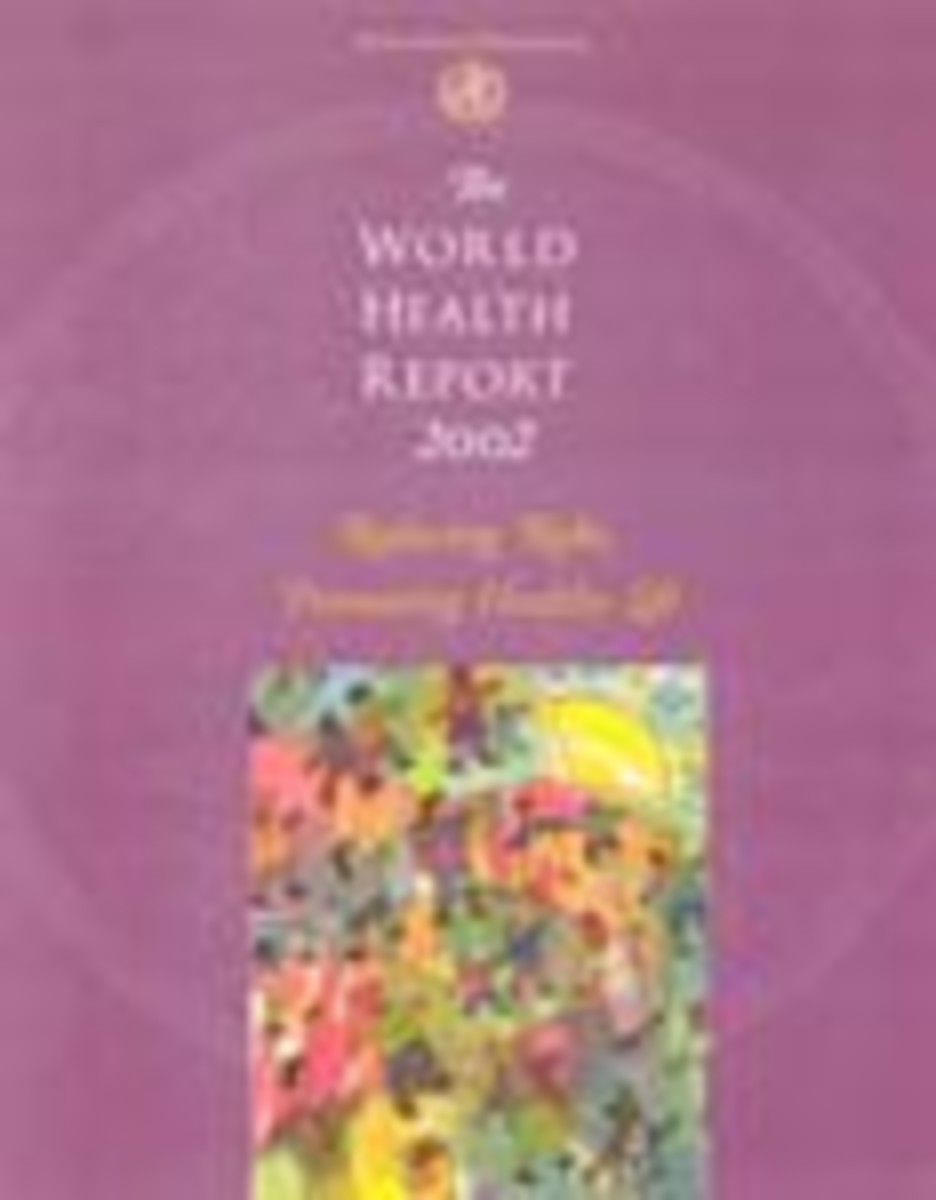The World Health Report 2002
Reducing Risks to Health, Promoting Healthy Life
- Publisher
World Health Organization - Published
1st January 2002 - ISBN 9789241562072
- Language English
- Pages 268 pp.
- Size 8.5" x 11.75"
The World Health Report 2002 measures the amount of disease, disability, and health in the world today that can be attributed to some of the most important risks to human health. Even more importantly, it also calculates how much of this present burden could be avoided in the next 10 years.
The World Health Report 2002 represents one of the largest research projects ever undertaken by WHO, in collaboration with experts worldwide. Dr Gro Harlem Brundtland, Director-General of WHO, describes this report as a wake up call to the global community.
The report quantifies some of the most important risks to human health and examines a range of methods to reduce them. The ultimate goal is to help governments of all countries to lower major risks to health, and thereby raise the healthy life expectancy of their populations.
The risk factors range from underweight, unsafe water, sanitation and hygiene to high blood pressure, raised cholesterol, and obesity.
The report's findings give an intriguing - and alarming - insight into not just the current causes of disease and death and the factors underlying them, but also into human patterns of living and how some may be changing around the world while others remain dangerously unchanged.
Dr Brundtland says: This report helps every country in the world to see what measures it can take to reduce risks and promote healthy life for its own population.
"The world is living dangerously - either because it has little choice or because it is making the wrong choices."
- Dr Gro Harlem Brundtland WHO Director-General
World Health Organization
World Health Organization is a Specialized Agency of the United Nations, charged to act as the world's directing and coordinating authority on questions of human health. It is responsible for providing leadership on global health matters, shaping the health research agenda, setting norms and standards, articulating evidence-based policy options, providing technical support to countries, and monitoring and assessing health trends.


